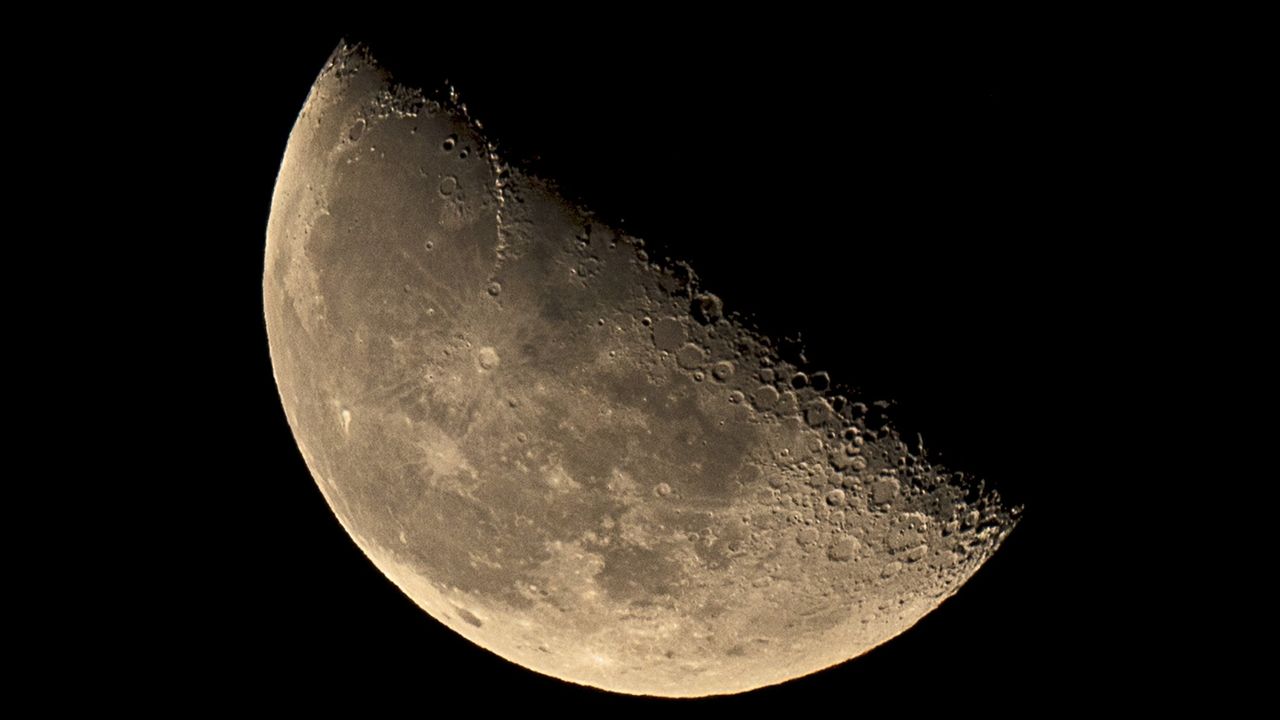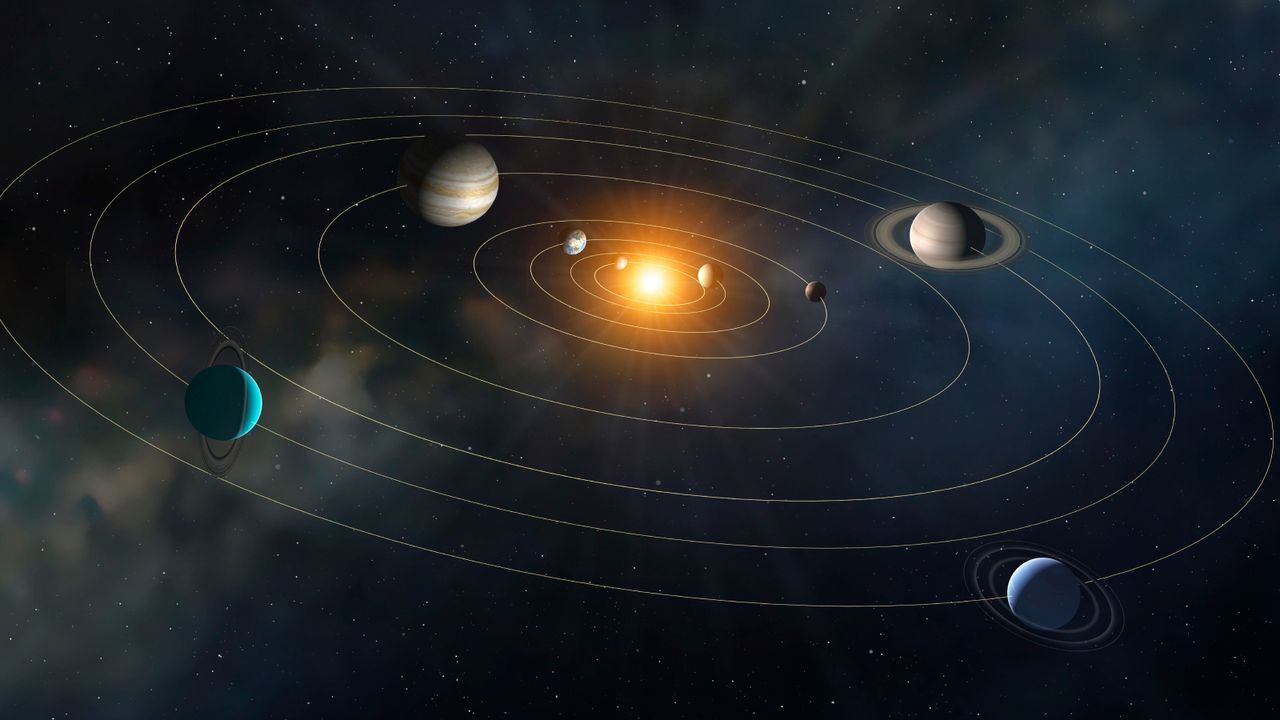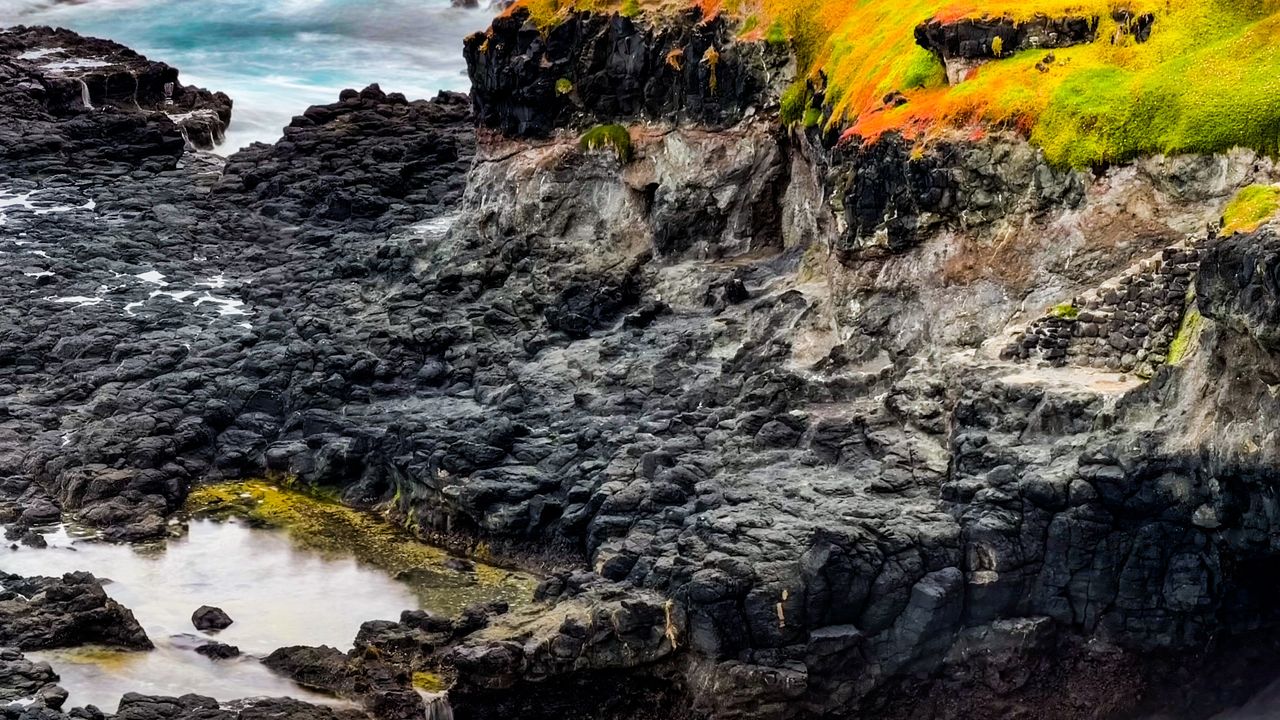OpenAI’s New Sora App Lets Users Generate AI Videos—And Star in Them
PositiveScience
OpenAI has launched a new app called Sora that allows users to generate AI videos and even star in them. This innovative tool could revolutionize the way we create and consume media, potentially paving the way for on-demand TV and movies powered by artificial intelligence. While there are some initial copyright concerns to address, the possibilities for creativity and entertainment are exciting, making Sora a noteworthy development in the tech landscape.
— Curated by the World Pulse Now AI Editorial System






